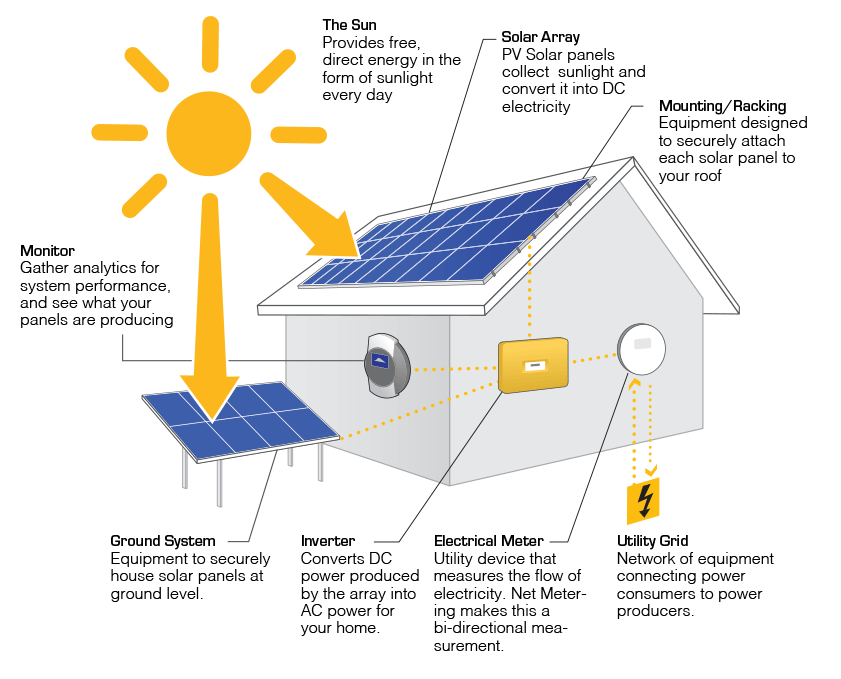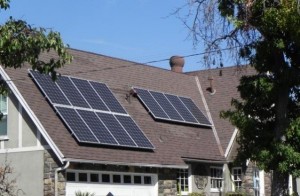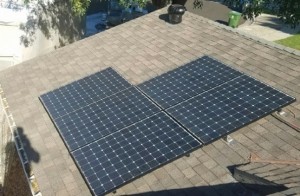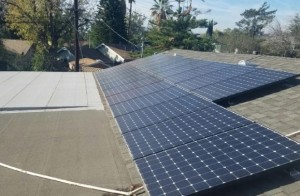
WHAT REBATES/INCENTIVES ARE AVAILABLE?
Home owners you can take advantage of the 30% tax credit that is available to anyone who purchases solar technology for their home or business. This tax credit will expire at the end of 2019 so you should act soon!
HOW MUCH DOES SOLAR POWER COST?
Compared to the power you are buying right now from the power company; solar power can cost half as much per kWh. Example: Today you are buying electricity from the utility at $.18/kWh and over time, you could be paying up to $.26/kWh as the cost of electricity increases over time (FACT: 6% annual increase in electricity costs based on historical data). When you produce your own power with solar, you could be paying $.08/kWh and you would NOT be subject to any rate increases. You can lock in your electricity rate as a hedge against the rising cost of energy. Here is how it works: During the day when your system is producing power, what you don’t use, spins your meter backwards and pushes the excess power out to the grid. Because the system is passive it shuts down when the sun goes down. Your meter starts to spin forward and power comes in to your home from the grid in the form of credits. Deposit in the day, withdrawal at night.
HOW IS THE SOLAR ENERGY STORED?
Solar energy is not technically stored unless you have a battery. For Grid tied systems the utility takes your excess power generated from your system and sells it to other customers, you get it back in credits. So, in away the grid is a storage device for your solar system.
WHAT MAINTENANCE IS REQUIRED?
Not much at all. Because these components do not have any moving parts they don’t need maintenance, it’s a waste of money to buy a “Maintenance Program” Leases and PPAs offer maintenance included in return they take your Federal Tax Credit. Honestly you should rinse off dust and grime twice a year, or just let the rain do the work you might not even notice.
WHAT HAPPENS IF THE POWER GOES OUT? WILL I STILL HAVE POWER FROM MY SOLAR PANELS?
If you don’t have batteries you will not have power during a power outage. With grid tied systems if the power goes out the inverter detects the outage and shuts down the solar system. This is mostly for safety reasons because utility workers may be working on the power lines.



